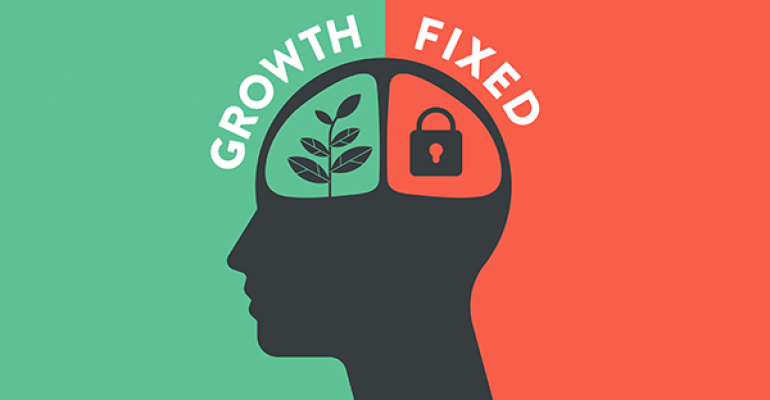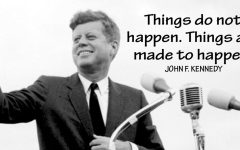Growth Mindset: Evidence and Application
22/09/2025 2026-01-28 11:31Growth Mindset: Evidence and Application
Carol Dweck’s research at Stanford University has reshaped how we think about learning. Her central conclusion is simple but powerful: people who see ability as fixed tend to avoid challenge and give up quickly; those who see ability as developable through effort, strategy and feedback are more resilient, more open to challenge, and more likely to improve.
In one of her most widely cited studies, schoolchildren were given praise in two different ways. Some were told they were clever; others were praised for effort. When later given harder problems, the first group became cautious and avoided risk. The second group persisted. This was the first clear evidence that the way ability is framed changes behaviour and outcomes.
In higher education and the workplace, cultures that encourage learning from mistakes and adapting strategies see stronger engagement and innovation.
Avoiding Simplifications
Growth mindset has sometimes been reduced to slogans. That is unhelpful. Dweck herself has stressed that effort without effective strategy does not produce progress. Working harder at the wrong method is wasted energy. The value comes when effort is paired with feedback and adaptation.
Another misconception is that growth mindset solves everything. Large-scale replication studies show that the effect is not uniform. Context matters. Students improve most when they are given structured challenges, clear feedback and time to reflect. Belief on its own is not enough.
Implications for Higher Education
For universities, the lessons are clear. Assessment should be framed as feedback, not as a final judgement on ability. Teaching should include guidance on how to study and practise effectively, not only on what to learn. And institutions must create cultures where mistakes can be acknowledged, analysed and used as part of learning.
EUB’s Commitment
At Euro University of Bahrain, growth mindset is not rhetoric. It is a stated objective in our Strategic Plan. Goal Ten commits us to “provide a unique community for students that fosters a growth mindset.” This is backed by objectives to promote independent learning, critical thinking, employability workshops, wellbeing services, international placements and an active Student Council.
The emphasis extends across our goals. Goal Three prioritises student-centred education, using problem-based learning, small-group teaching and formative assessment to ensure that effort is paired with effective strategies. Goal Five addresses practical study skills and targeted support for students at risk of falling behind. Goals Thirteen and Fourteen focus on innovation and experiential learning, encouraging curiosity, resilience and safe risk-taking through real-world projects.
These commitments are tracked. The Strategic Plan defines Key Performance Indicators for growth mindset, teaching quality, progression and community engagement. Reports are produced and followed up through our quality processes. In this way, principles become practice and aspirations become accountable.
Conclusion
Growth mindset is not about telling students to try harder. The research shows that improvement depends on effort joined with reflection and strategy, and on environments that make it safe to learn from mistakes.
Studying at all universities is not the same. To learn and to thrive, teaching must align with growth mindset principles. That means creating challenge, giving structured feedback, and providing the support to adapt and improve.
At EUB, this is part of our design. Growth mindset is embedded in our Strategic Plan, supported by measurable objectives, and delivered through teaching, support and student life. It is not an abstract idea. It is a practical commitment to helping students face challenge with confidence, adapt through feedback, and continue to improve.










